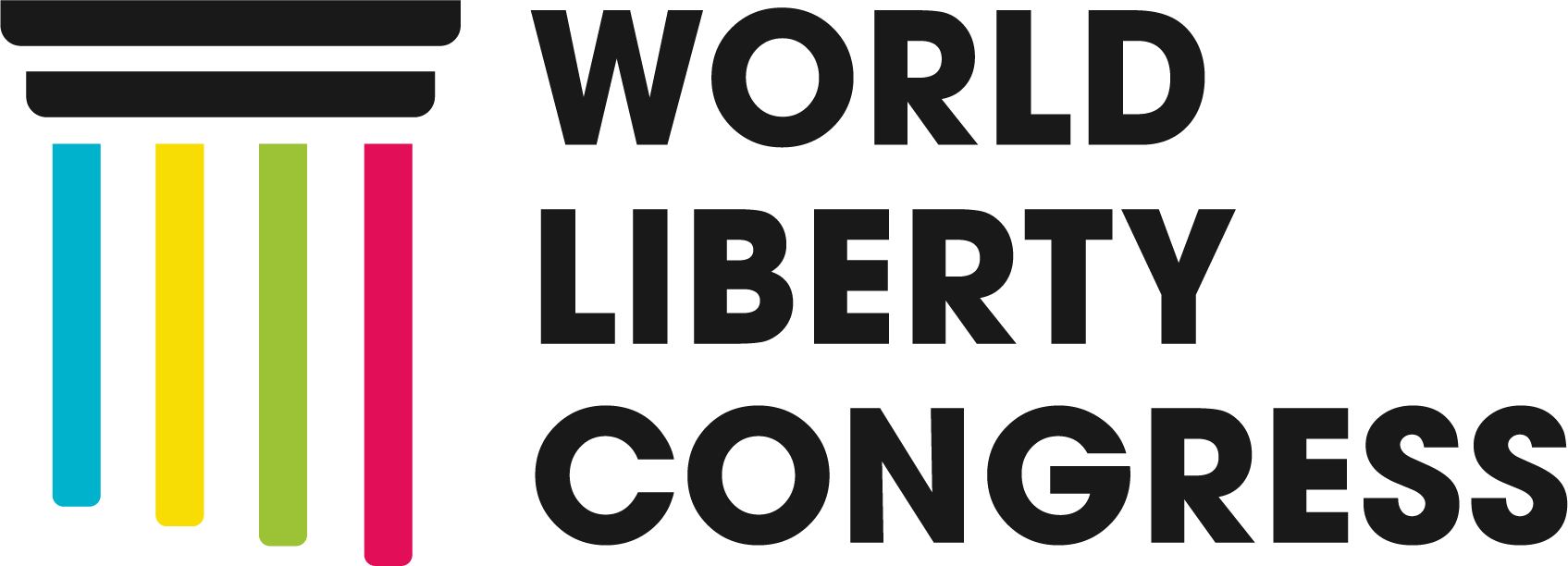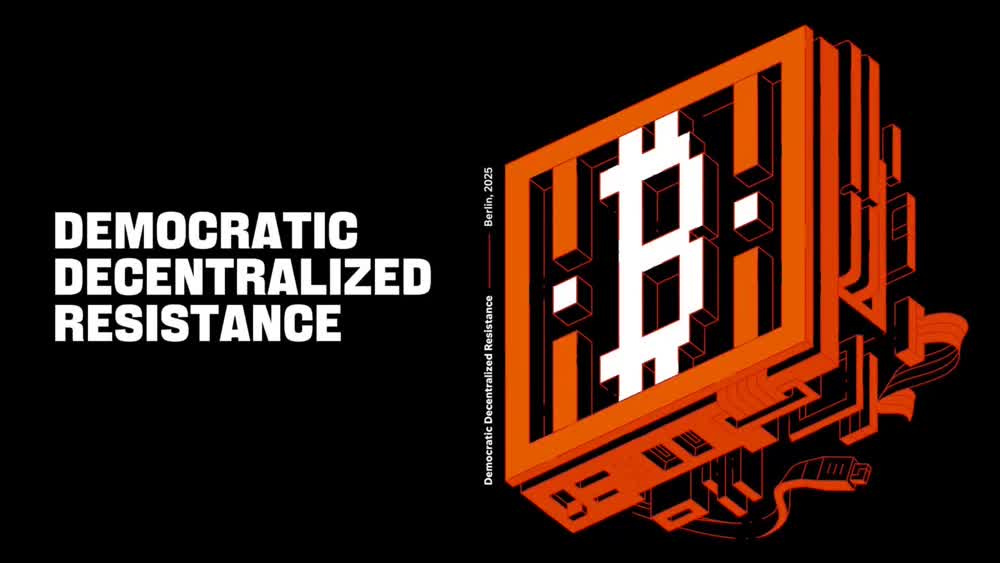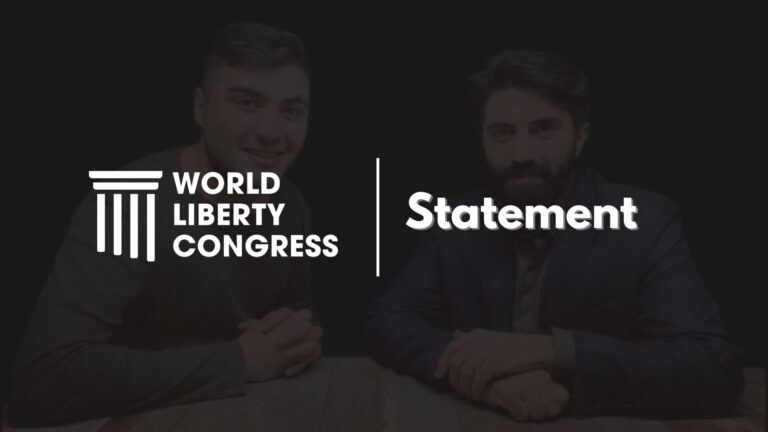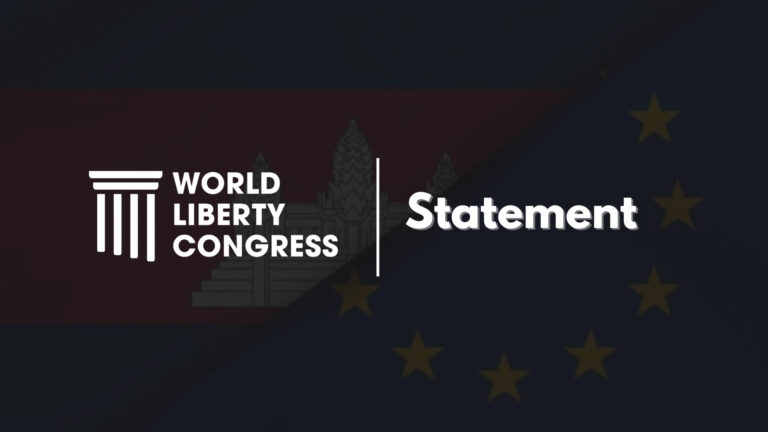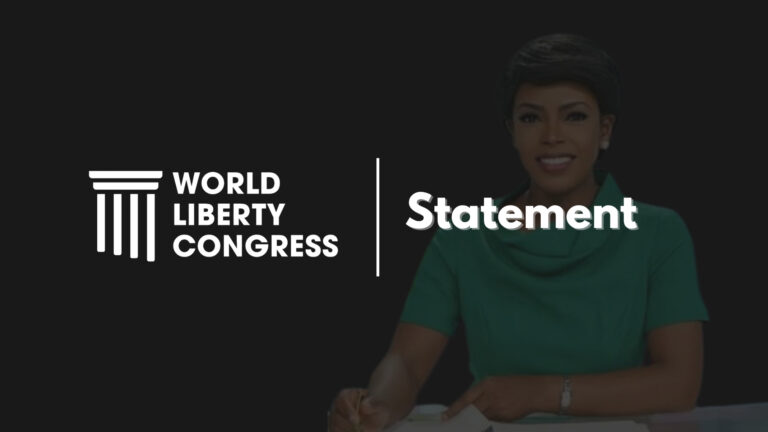This manifesto emerges from the collective work of activists, technologists, journalists, human rights defenders, and entrepreneurs, who participated in the Decentralized Resistance Gathering 2025.
Introduction
This manifesto emerges from the collective work of activists, technologists, journalists, human rights defenders, and entrepreneurs, who participated in the Decentralized Resistance Gathering 2025.
Through talks, workshops, and focus groups, a shared vision became clear: decentralization is not just a technology—it is a strategy for freedom.
Guiding Principles
- Freedom requires tools that cannot be shut down.
- Movements are stronger when they are distributed, not concentrated.
- Open technologies are instruments of civic power, not ends in themselves.
- The democratic future depends on digital resilience.
Digital Bill of Rights of the Decentralized Resistance
Preamble
In a world where data has become power, information a currency, and surveillance a norm, free peoples raise a new banner: decentralization as a form of resistance.
We stand at the crossroads of activism, artificial intelligence, and open technologies—Bitcoin, Nostr, P2P networks—and affirm a universal principle: freedom is not delegated; it is exercised and defended.
This Charter expresses an ethical and political commitment to the inalienable human right to exist, communicate, learn, and create without permission—outside the control of states, corporations, or any central authority.
Fundamental Rights
1. Right to Digital Sovereignty
Every person has the right to control their data, identities, and digital footprints. No authority—public or private—may appropriate, exploit, or manipulate personal information without explicit and verifiable consent.
2. Right to Privacy and Encryption
Encryption is freedom expressed as technology. No one may be persecuted, criminalized, or restricted for protecting their communication, economy, or organization through cryptographic tools.
3. Right to Financial Autonomy
Every person has the right to use, receive, store, and exchange value through decentralized systems, such as Bitcoin and stablecoins, free from coercion, surveillance, or forced intermediaries.
4. Right to Free Communication
No power may silence a voice, shut down a network, or interrupt the connection between individuals. Decentralized platforms are legitimate spaces for organization, critical thought, and civic action.
5. Right to Digital Education
Technological knowledge is a tool of emancipation. All communities should have free, safe, and continuous access to training in artificial intelligence, digital security, decentralized economies, and tools of resistance.
6. Right to Algorithmic Transparency
People have the right to understand how algorithms impact their lives and to demand transparency in their processes. Artificial intelligence must be auditable and oriented toward the common good, never toward control or manipulation.
7. Right to Technological Resilience
Every community has the right to create, replicate, and maintain its own infrastructures—servers, networks, nodes, relays—without depending on centralized systems vulnerable to censorship or shutdown.
8. Right to Ethical Innovation
Technology must be designed to liberate, not dominate. Its architectures, incentives, and models must protect human dignity, individual autonomy, and collective freedom.
Collective Commitments
- Build and maintain our own infrastructures: nodes, relays, P2P networks, and information backups.
- Defend the right to encryption and privacy in all communications and transactions.
- Promote open digital education in AI, security, Bitcoin, and decentralized tools.
- Strengthen networks of mutual support, especially for journalists and human rights defenders.
- Advance transnational resistance projects, leveraging the diaspora as a global metanode.
- Develop technologies for freedom, including local AI, automated media, and anti-censorship tools.
- Keep this Charter alive, updating it as threats evolve and innovations arise.
Final Declaration
We recognize ourselves as a global, decentralized community—a network of sovereign human nodes united by the belief that a free internet is the foundation of a free democracy.
This manifesto does not close an event; it opens a movement. A movement where freedom is distributed, truth is replicated, and resistance synchronizes across borders.
Signed in Berlin
